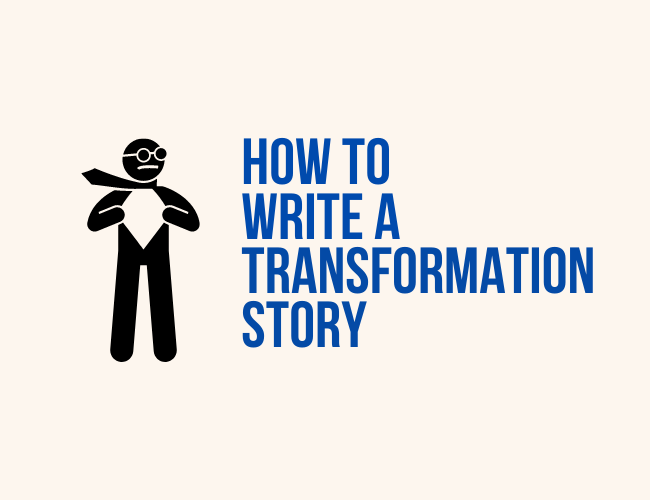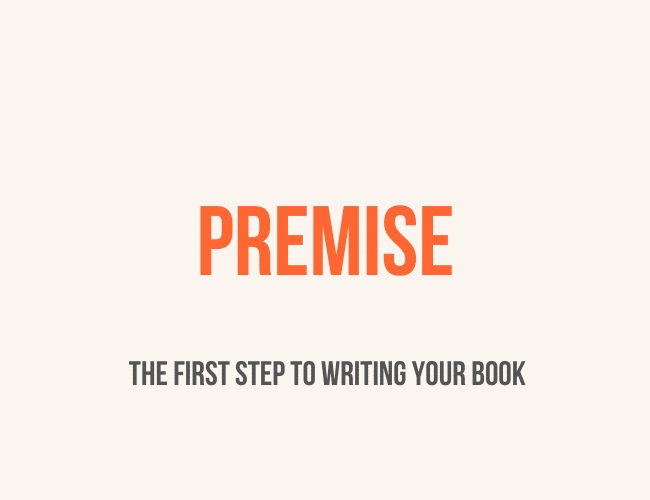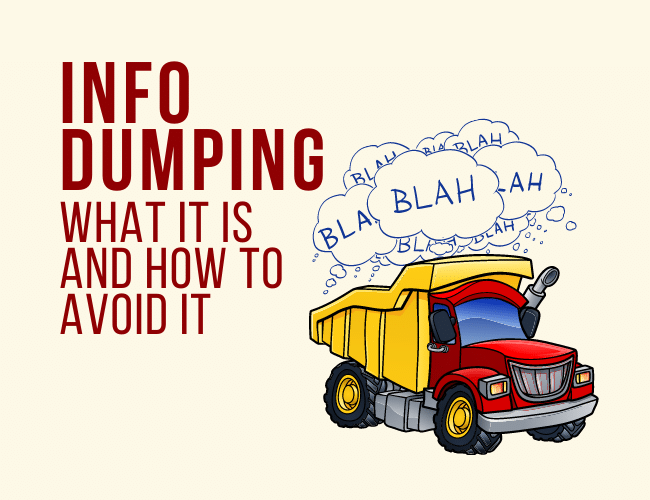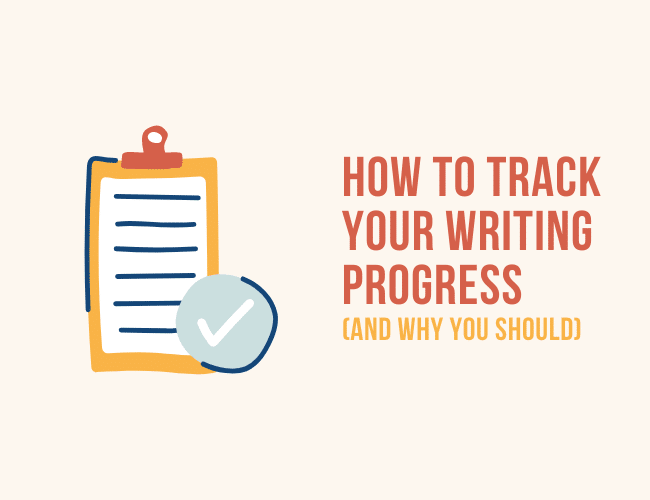Italics, quotation marks, underlines, plain old capital letters—when it comes to writing titles, the rules can feel like a confusing mess. Do you italicize book titles? What about movie titles? And for goodness’ sake, what should you do with pesky things like TV shows, short stories, or Youtube videos?
With so many different kinds of media, it’s easy to get lost in all the rules. Let’s demystify them, shall we?












